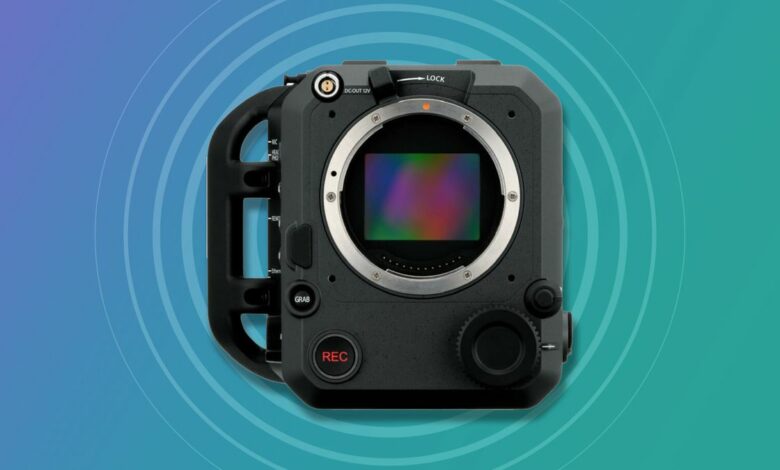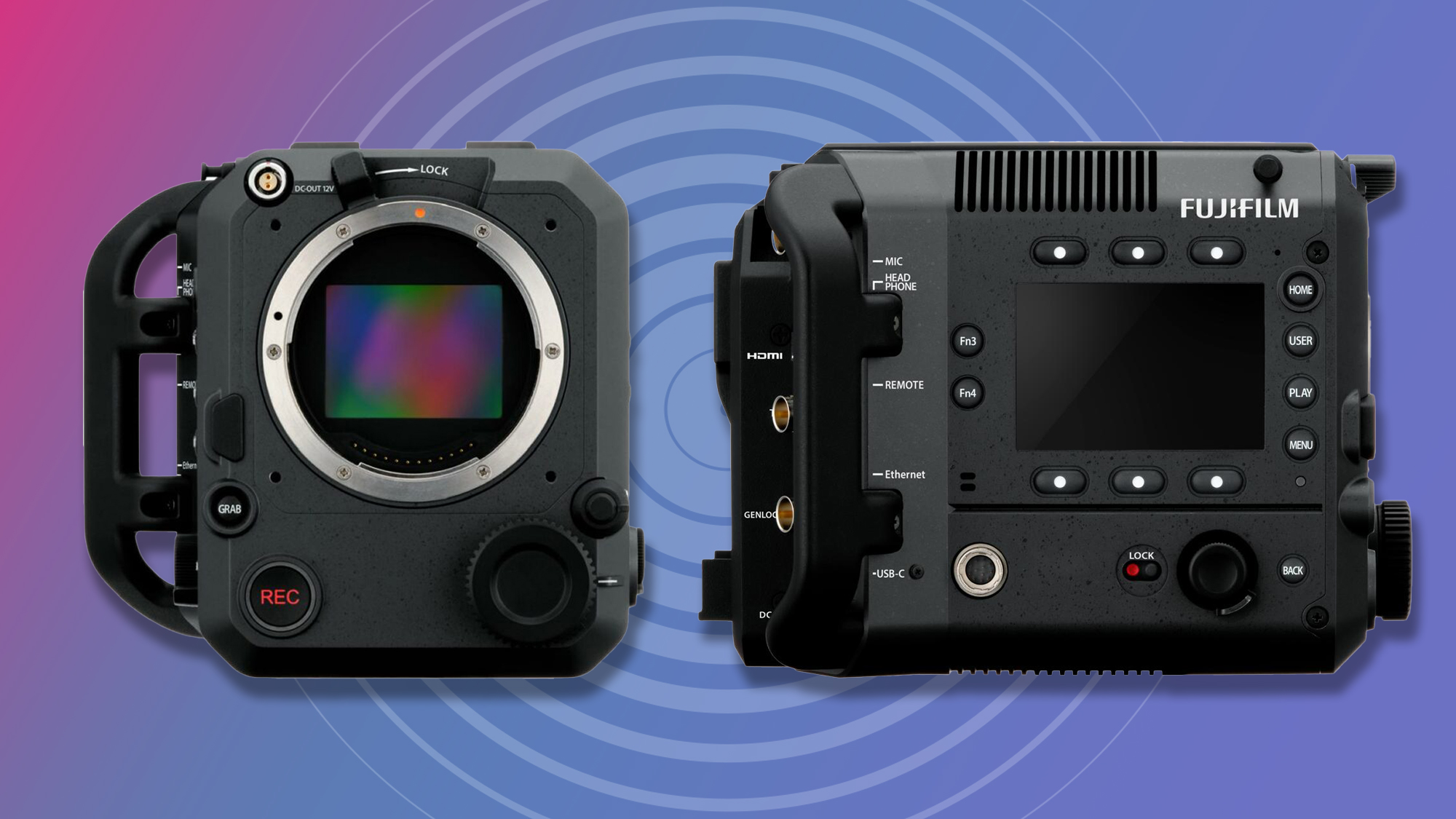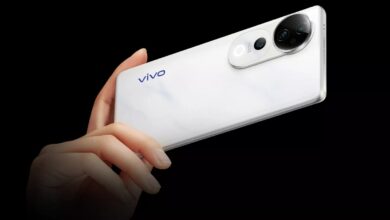Forget Nikon RED cameras – Fujifilm just announced a medium format GFX Eterna cinema beast

- Fujifilm’s very first dedicated film camera is called the GFX Eterna
- Release date planned for 2025
- It will feature the same 102MP medium format sensor as the GFX100 II
Fujifilm has announced the development of its first-ever cinema camera, the Fujifilm GFX Eterna, which is expected to hit the market in 2025.
Fujifilm’s official statement doesn’t provide much information, but it does provide enough to give us an idea of what to expect and what to be excited about. It even features the very first images of the medium format beast, which you can see below.
It will use the exact same 102MP medium format CMOS II HS sensor and X-Processor 5 engine as the five-star GFX100 II. This expensive mirrorless camera relies more heavily on video than the watered-down GFX100S II. However, the new GFX Eterna goes a step further than the hybrid GFX100 II – which in addition to 8K video capabilities is also an excellent still camera – as a full-fledged filmmaking tool.
The name, Eterna, is an obvious nod to one of Fujifilm’s most popular film simulations, a color profile that Fujifilm describes as “Based on ETERNA, a film designed for motion pictures, this film simulation mode minimizes saturation to ensure that none of the colors stand out. It provides extremely soft tonal gradation in highlights and deep shadows to prevent clipping and reproduce a cinematic look.
In addition to the GFX Eterna announcement, Fujifilm is also developing a 32-90mm power-zoom cinema lens and a GF to PL mount adapter – the latter being an industry-standard lens mount. We don’t know the list price of the GFX Eterna yet, nor that of the lens, although to give you a rough estimate, the GFX100 II launched for $7,499 / £6,999 / AU$12,599.

A shake-up in the film industry?
Just like Nikon with its acquisition of the RED camera, Fujifilm wants to disrupt the indie film market with a completely different offering. The larger medium format sensor is a clear selling point over industrial staples like the RED Digital Camera Komodo and the Blackmagic Ursa series. However, the infancy of the market may leave filmmaker stalwarts unconvinced.
On the other hand, Nikon is certainly leveraging the RED name and the film technology it has acquired since acquiring RED for its future video-oriented cameras, including coveted color profiles developed by RED. Fujifilm is new to the market and is using its own sensor technology, which could be enough to entice professionals to give it a try. Although the widely recognized film simulations could ultimately gain wide acclaim in this part of the industry that has historically been closed to newcomers.
To be one of the best video cameras in this professional field, Fujifilm must develop the Eterna hardware wisely. It obviously needs the inputs demanded by professionals, including an XLR input for serious audio gear and built-in ND filters, which are probably a must. There is also work to be done in creating film lenses for the GF mount, which are currently all photography-first lenses by design.
However, as far as the GFX Eterna is concerned, I would have every confidence that Fujifilm would make something very special the first time I asked.




